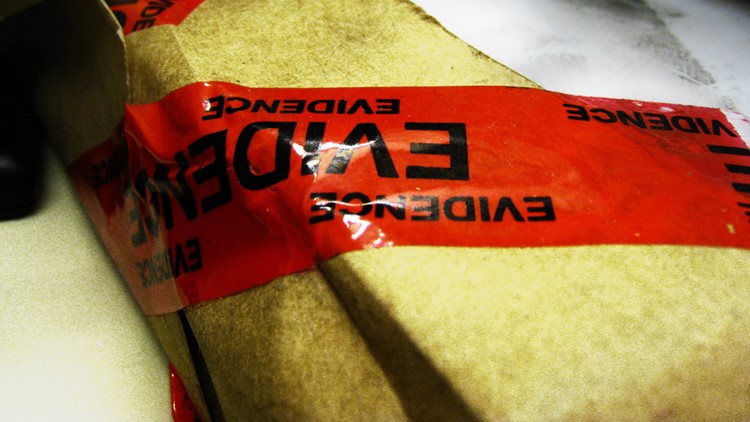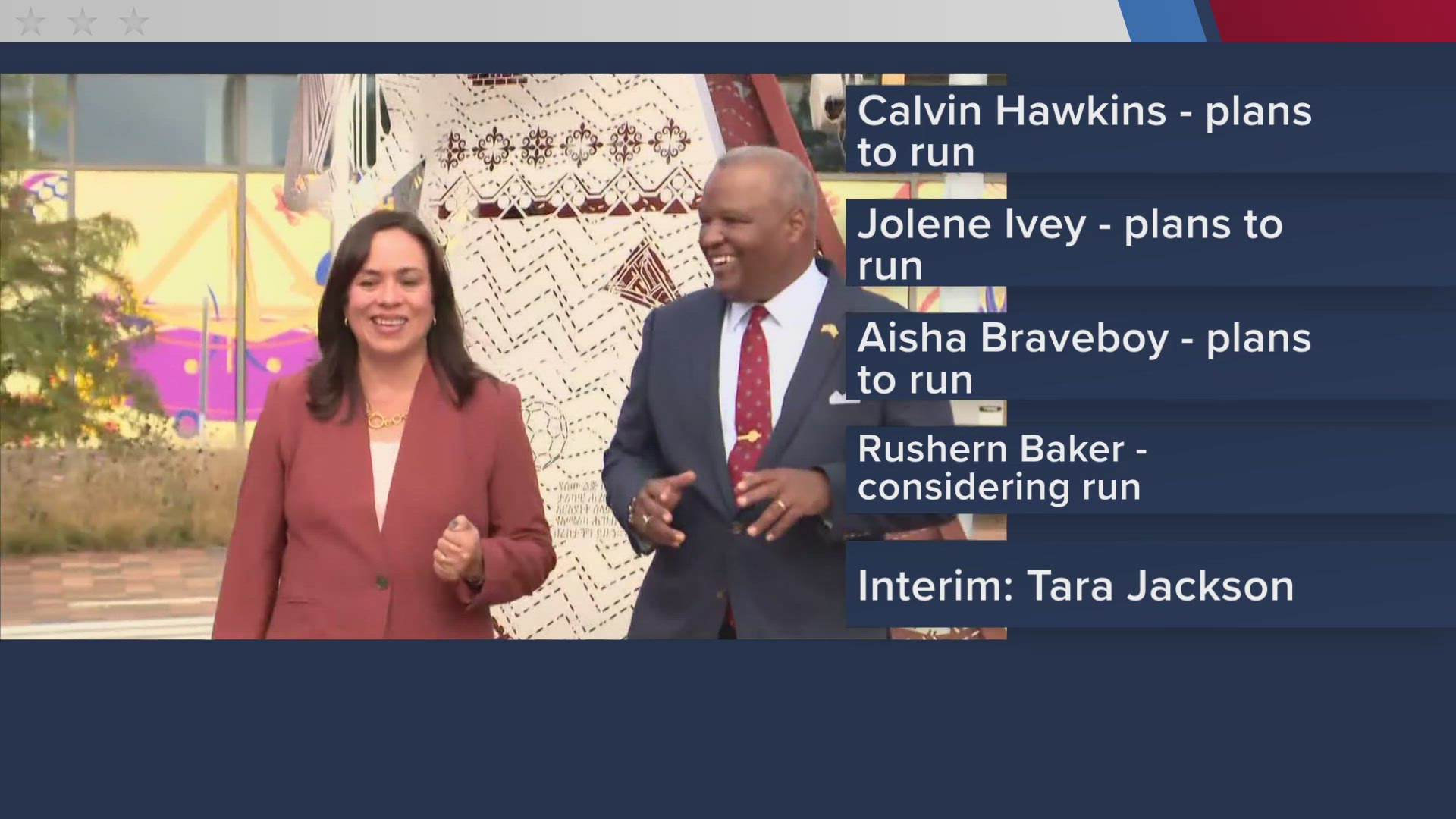Forensic science has become a mainstay of many a TV drama, and it’s just as important in real-life criminal trials. Drawing on biology, chemistry, genetics, medicine and psychology, forensic evidence helps answer questions in the legal system. Often, forensics provides the “smoking gun” that links a perpetrator to the crime and ultimately puts the bad guy in jail.
Shows like “CSI,” “Forensic Files” and “NCIS” cause viewers to be more accepting of forensic evidence. As it’s risen to ubiquitous celebrity status, forensic science has become shrouded in a cloak of infallibility and certainty in the public’s imagination. It seems to provide definitive answers. Forensics feels scientific and impartial as a courtroom weighs a defendant’s possible guilt – looking for proof beyond a reasonable doubt.
But the faith the public and the criminal justice system place in forensic science far outpaces the amount of trust it deserves.
For decades, there have been concerns about how the legal system uses forensic science. A groundbreaking 2009 report from the National Academy of Sciences finally drew the curtain back to reveal that the wizardry of forensics was more art than science. The report assessed forensic science’s methods and developed recommendations to increase validity and reliability among many of its disciplines.
These became the catalyst that finally forced the federal government to devote serious resources and dollars to an effort to more firmly ground forensic disciplines in science. After that, governmental agencies, forensic science committees and even the Department of Defense responded to the call. Research to this end now receives approximately US$13.4 million per year, but the money may not be enough to prevent bad science from finding its way into courtrooms.
This fall, the President’s Council of Advisors on Science and Technology (PCAST) released its own report on forensic science. It’s a more pronounced acknowledgment that the discipline has serious problems that require urgent attention. Some scientific and legal groups are outraged by or doubtful of its conclusions; others have praised them.
As someone who has taught forensic evidence for a decade and dedicated my legal career to working on cases involving forensic science (both good and bad), I read the report as a call to address foundational issues within forensic disciplines and add oversight to the way forensic science is ultimately employed by the end user: the criminal justice system.



